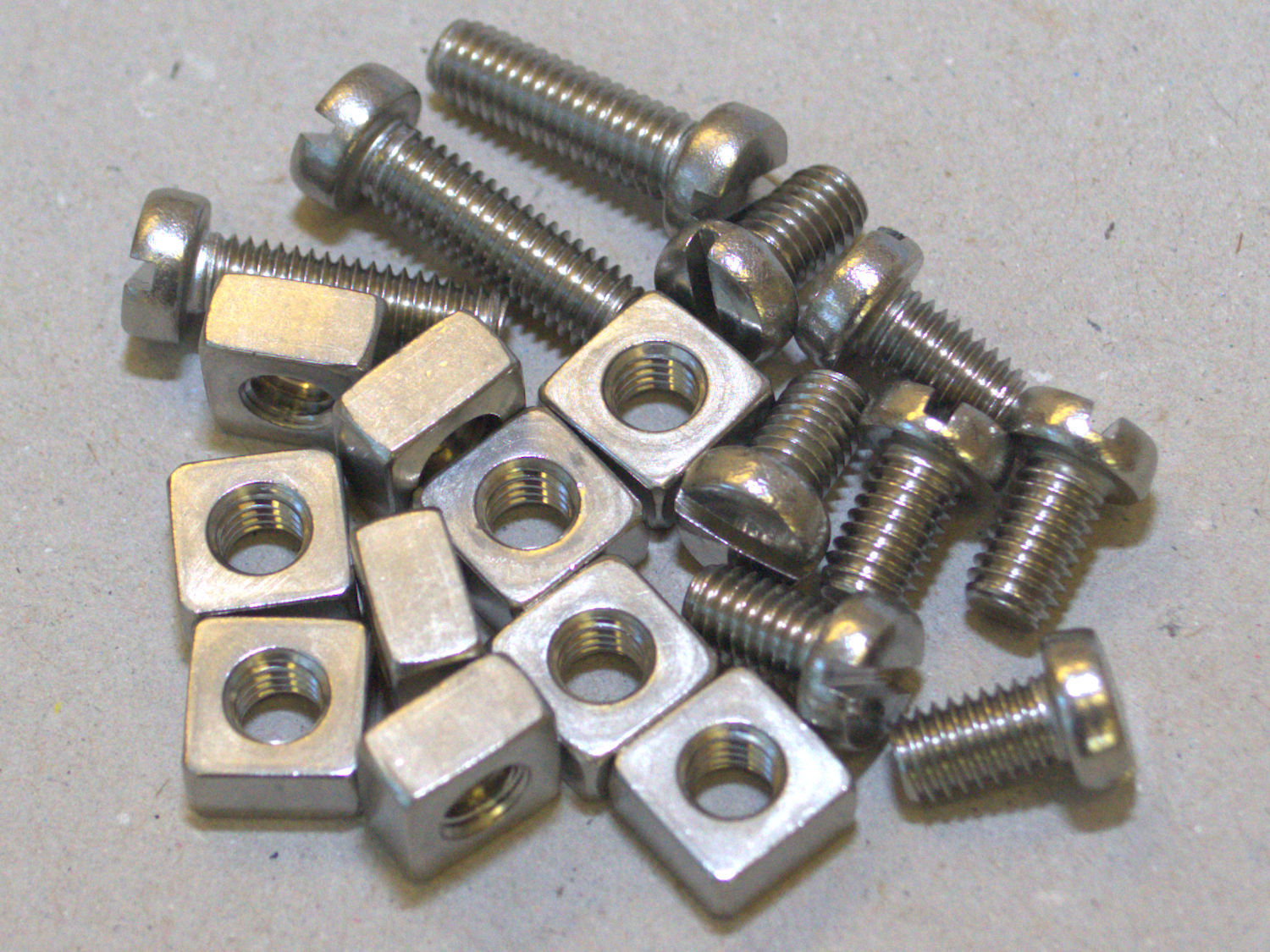When it comes to building, vehicle repairs, and DIY projects, the significance of choosing the correct hardware cannot be overstated. These seemingly simple fasteners are vital in providing the security and safety of your projects, whether you are putting together a deck, working on a vehicle, or taking on a home renovation project. However, with a wide array of options available, identifying key factors when purchasing hardware is important for achieving the optimal outcomes.

The following guide seeks to deliver you with a thoroughly detailed overview of various kinds of nuts and bolts, along with tips on how to pick the right option for your specific needs. From Wholesale Bolts and Nuts of bolts to the various materials and coatings available, we will discuss the considerations that contribute to your selection of hardware. Regardless if you are a experienced builder or a novice, arming yourself with this insight will enable you to make informed decisions and guarantee the effectiveness of your projects.
Grasping Nuts and Bolts
Fasteners are vital fasteners that bind objects together, constituting the core of numerous building and repair projects. They come in various forms, dimensions, and materials, each made to satisfy specific needs. The core principle behind nuts and bolts lies in their capacity to create a tight connection by utilizing the threaded shaft of a bolt, which is coupled with a matching nut that can be tightened or unfastened as necessary.
Distinct types of nuts and bolts have unique purposes. For instance, hexagonal bolts are commonly used in heavy-duty applications due to their strength, while smooth bolts are best for projects requiring a polished finish. In contrast, lagging bolts are frequently chosen for attaching wood, notably in construction. Comprehending these differences is crucial for selecting the right fastener for a project, providing safety and durability in the finished construction.
Furthermore, materials and finishes play a crucial role in the performance of nuts and bolts. Steel is the primary material, but options like brass and titanium are offered for unique applications. Corrosion-resistant finishes, such as zinc-plated coatings, can increase the lifespan of fasteners in outdoor or high-moisture environments. By being aware of the types and features of fasteners, users can make informed choices to improve the quality and lifespan of their projects.
Substances and Coatings
When choosing nuts and bolts, the substances they are made from play a critical role in dictating their performance and durability. Metal is the most widely used material due to its strength and versatility. However, there are different types of steel, including carbon-based steel and alloy-based steel, each suited for specific applications. For environments that require resistance to rust and corrosion, stainless steel is an excellent option, offering durability and longevity even in harsh conditions.
Coatings are also important as they can improve the performance of nuts and bolts. Bolts and Nuts Store is a popular choice as it provides a layer of protection against corrosion while keeping a neat appearance. Galvanization, a more robust coating, involves immersing steel parts in molten zinc, offering even resistance to the elements. For specific uses, such as in marine environments, a coating that can withstand saltwater corrosion is essential, making materials like bronze or coatings specially designed for oceanic use significant considerations.
Understanding the differences in materials and their finishes can help you choose the right fasteners for your project. For instance, while titanium bolts are light and corrosion-resistant, they can be significantly more expensive than their metal counterparts. Choosing the right substance and coating not only ensures the integrity of the assembly but also optimizes the cost-effectiveness and longevity of your project.
Buyer Guides and Evaluations
When purchasing nuts and bolts, understanding the various kinds and their uses is essential. Start by determining whether you need metric system or imperial system fasteners. Both systems are widely used, but choosing the right one is key for compatibility with your projects. Additionally, get acquainted with specific grades of bolts and specifications, as these determine the strength and appropriateness for various applications, from large-scale building to everyday use.
Next, think about the materials and coatings of the fasteners. Stainless steel fasteners are often ideal for outdoor use due to their corrosion resistance, while zinc-plated options may be appropriate for indoor projects. If your application requires a unique finish for additional strength and longevity, explore choices like galvanization or custom coatings. Consider the environmental conditions the fasteners will face, as this can greatly impact their performance and lifespan.
Lastly, keep a list handy while purchasing nuts and bolts. Take measurements of the dimensions precisely, review compatibility with other components in your project, and ensure that the nuts fit securely to the bolts. A wide selection of options might lead to uncertainty, but sticking to your project requirements and understanding the differences in types of threads, lock nuts, and specialty fasteners will aid you make informed decisions every time.
